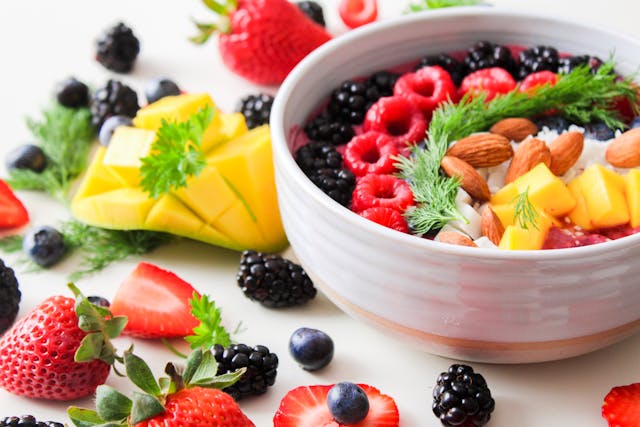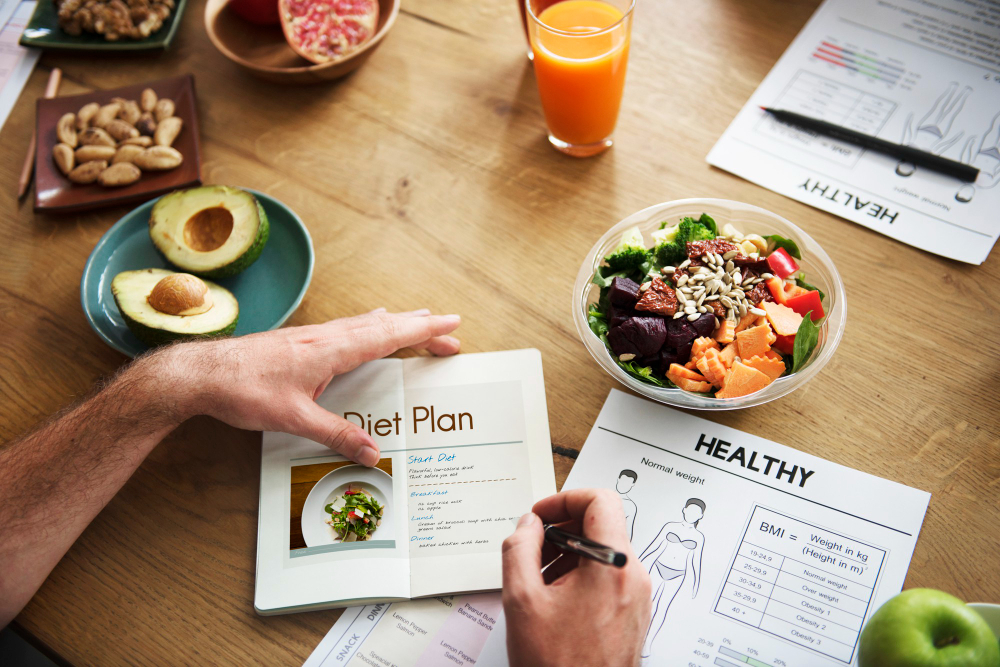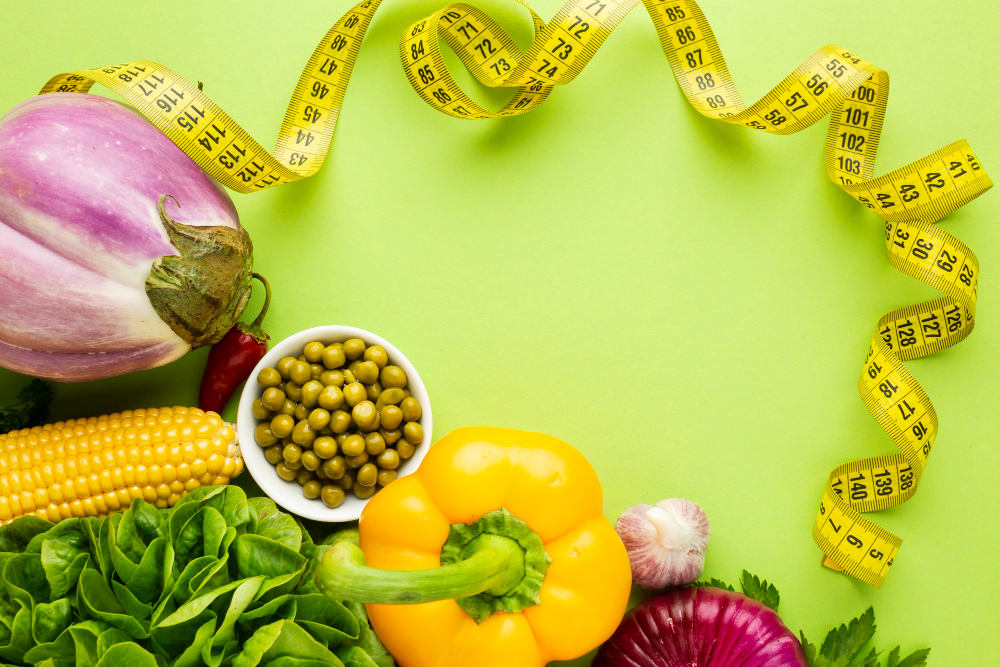Knowing how to keep kidneys healthy is essential for protecting your body’s natural filtering system and ensuring long-term wellness. Kidneys and liver work tirelessly to remove toxins, balance fluids, and support overall health. Poor lifestyle and food choices can strain them, leading to serious problems over time. By focusing on healthy food for kidney problems and following a healthy diet for kidney disease, you can give your body the care it deserves. Including the best foods for healthy kidneys and liver makes a lasting difference.
How to Keep Kidneys Healthy

Stay Hydrated
One of the simplest ways on how to keep kidneys healthy is by drinking enough water. Proper hydration helps flush out toxins, regulate blood pressure, and reduce the risk of kidney stones. Water keeps the kidneys functioning efficiently by removing waste products from the bloodstream. Aim for 8–10 glasses daily, but adjust based on activity level and health needs. Avoid sugary sodas and energy drinks as they strain the kidneys. Choosing water or herbal teas supports long-term kidney health and prevents unnecessary stress on the urinary system.
Exercise Regularly
Physical activity plays an important role in how to keep kidneys healthy. Regular exercise helps control weight, reduces blood pressure, and improves heart health, all of which protect the kidneys. Activities like walking, swimming, or cycling can be highly effective. It is not necessary to engage in intense workouts; even 30 minutes of moderate exercise five times a week is beneficial. Maintaining a healthy lifestyle through exercise prevents conditions such as diabetes and hypertension, which are major risk factors for kidney disease.
Limit Processed Foods and Salt
Another important factor in how to keep kidneys healthy is reducing salt and processed food intake. High-sodium diets force the kidneys to work harder, which can lead to long-term damage. Packaged foods, fast food, and canned items often contain hidden salt. Instead, focus on fresh, home-cooked meals seasoned with herbs and spices. A lower-sodium diet supports kidney function, reduces water retention, and prevents high blood pressure. Making mindful food choices is key to protecting kidney health naturally.
Best Foods for Healthy Kidneys and Liver

Leafy Green Vegetables
Leafy greens like spinach, kale, and lettuce are some of the best foods for healthy kidneys and liver. They are rich in antioxidants, vitamins, and minerals that support detoxification and reduce inflammation. Leafy greens also provide fiber, which promotes digestion and lowers cholesterol. For kidney health, they help balance blood pressure, while for liver health, they aid in cleansing toxins. Including leafy greens in daily meals supports long-term organ function and provides a natural boost to overall health.
Fatty Fish
Fatty fish like salmon, sardines, and mackerel are among the best foods for healthy kidneys and liver. These fish are packed with omega-3 fatty acids, which reduce inflammation and improve blood circulation. They also help control blood pressure and cholesterol, protecting both kidney and liver function. Eating fatty fish two to three times a week provides essential nutrients like protein and vitamin D. Grilled or baked fish is a healthier choice compared to fried versions, ensuring maximum benefits.
Apples and Berries
Apples and berries are highly recommended as best foods for healthy kidneys and liver. Apples contain soluble fiber that helps regulate blood sugar and cholesterol levels, reducing strain on these organs. Berries like blueberries, cranberries, and strawberries are full of antioxidants that protect the liver and kidneys from damage caused by free radicals. Cranberries also support urinary tract health, reducing the risk of infections. Regularly consuming apples and berries keeps both organs strong and functioning smoothly.
Cauliflower
Cauliflower is one of the top healthy food for kidney problems because it is low in potassium and phosphorus but rich in fiber and vitamins. People with kidney disease often need to limit high-potassium foods, and cauliflower makes an excellent replacement. It also contains compounds that support detoxification, which benefits the kidneys. Cauliflower can be eaten steamed, roasted, or mashed as a substitute for starchy foods. Adding it to the diet ensures proper nutrition without burdening the kidneys.
Garlic
Garlic is another essential healthy food for kidney problems. It adds flavor without the need for excess salt, which is harmful to kidneys. Garlic also has anti-inflammatory and antioxidant properties that protect kidney tissues. Additionally, it helps lower blood pressure and cholesterol, reducing the risk of further complications. For individuals with kidney disease, garlic is a natural way to improve taste in meals while offering protective benefits. Incorporating fresh garlic into cooking is highly recommended.
Cabbage
Cabbage is widely considered healthy food for kidney problems due to its low potassium and high vitamin content. It is rich in vitamin K, vitamin C, and fiber, which support overall health. Cabbage is also packed with phytochemicals that help neutralize harmful toxins in the body. For kidney patients, it provides nutrition without adding unnecessary strain. Eating raw cabbage in salads or lightly cooked in meals offers maximum benefits. It’s a simple yet powerful food for kidney health.
Healthy Diet for Kidney Disease

Control Protein Intake
A healthy diet for kidney disease often requires monitoring protein intake. While protein is essential, too much can overwork the kidneys, leading to faster progression of kidney problems. Lean sources like chicken, fish, and eggs are better options compared to red meat. Plant-based proteins like beans and lentils may need to be limited depending on potassium and phosphorus levels. Working with a dietitian ensures the right balance, supporting kidney health while maintaining energy and nutrition.
Focus on Low-Potassium Foods
For many patients, a healthy diet for kidney disease means reducing potassium-rich foods. High potassium can cause dangerous heart problems if the kidneys are not filtering properly. Foods like bananas, oranges, and potatoes should be limited. Instead, focus on apples, grapes, berries, and cauliflower, which are kidney-friendly. Choosing low-potassium foods ensures balanced nutrition while protecting kidney function. Careful planning helps maintain both safety and variety in meals.
Manage Phosphorus Intake
Another important part of a healthy diet for kidney disease is limiting phosphorus. When kidneys are weak, phosphorus can build up in the blood, leading to bone and heart issues. Foods like cheese, nuts, and processed meats are often high in phosphorus. Safer options include fresh fruits, vegetables, and rice milk (without added phosphorus). Reading food labels carefully helps patients avoid hidden phosphorus. By managing intake, the diet supports stronger bones and overall kidney health.
Conclusion
Caring for your kidneys and liver is not just about avoiding health problems but also about building a strong foundation for overall well-being. Knowing how to keep kidneys healthy through lifestyle choices and the best foods for healthy kidneys and liver can greatly reduce long-term risks. A healthy diet for kidney disease and choosing healthy food for kidney problems ensures your body gets the right balance of nutrients without adding strain. Small, mindful steps in your daily diet can protect these vital organs, keeping them strong and functioning well for years to come. For professional consultation call the Tricity Urologist Hospital today
Faqs
1. What are the best foods for healthy kidneys and liver?
The best foods include fresh fruits, leafy greens, whole grains, garlic, olive oil, and fatty fish. These foods are packed with antioxidants and nutrients that reduce inflammation, improve detoxification, and support healthy kidney and liver function naturally.
2. How to keep kidneys healthy on a daily basis?
To keep kidneys healthy, stay hydrated, limit salt and sugar, eat a balanced diet, and avoid smoking or excessive alcohol. Regular exercise, managing blood pressure, and choosing kidney-friendly foods also reduce risks of long-term damage and support better kidney performance.
3. What is a healthy diet for kidney disease?
A healthy diet for kidney disease focuses on controlling sodium, potassium, and phosphorus intake. It includes fresh vegetables, low-fat dairy, lean protein, and whole grains. This diet helps reduce strain on kidneys, lowers complications, and improves energy levels for overall well-being.
4. Which healthy food is good for kidney problems?
Healthy food for kidney problems includes berries, cabbage, cauliflower, apples, and fish. These foods provide essential nutrients while being low in harmful minerals. They support kidney filtration, reduce inflammation, and protect against further damage, making them ideal for people with kidney concerns.





